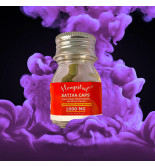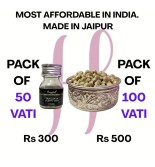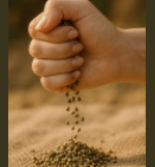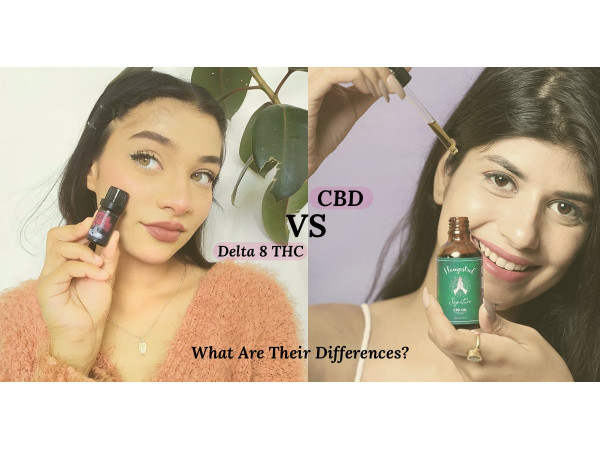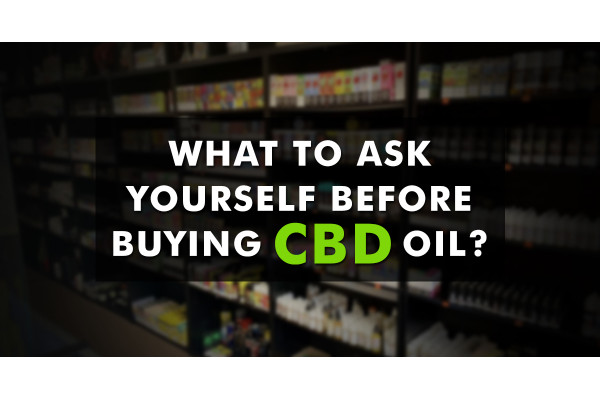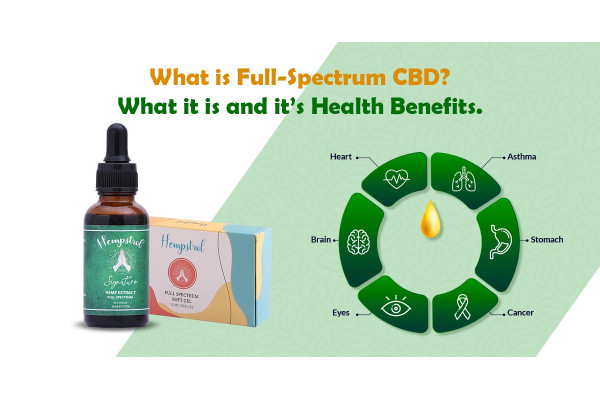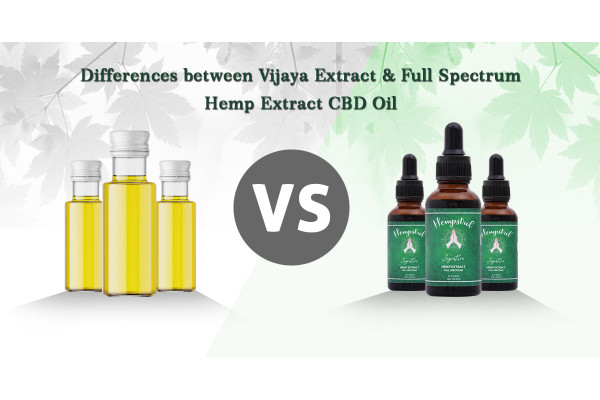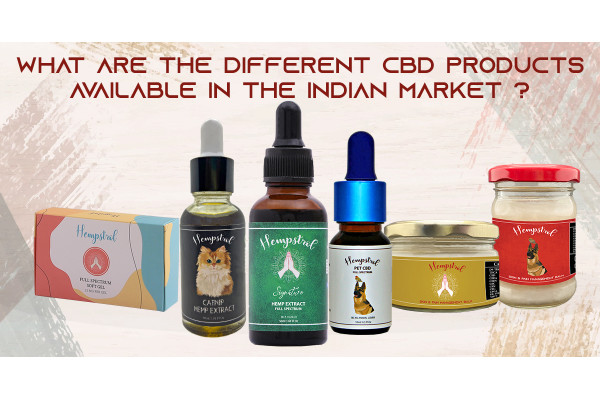Difference Between Delta 8 Thc And Cbd And What To Choose
Cannabidiol, or CBD as it is properly known, is found in the Cannabis sativa plant. Hemp and marijuana are the two primary species of the Cannabis sativa plant that contains minute amounts of CBD. However, hemp has a much larger trace since it has a lower THC content than marijuana. CBD does not cause the intoxicating effects that many marijuana users experience, in contrast to THC. Numerous cannabis users favor CBD, which has been the subject of substantial research.
Due to the fact that CBD oil India online (with less than 0.3% Total THC) is legal and widely accessible across numerous portals, it is one of the most popular and least stigmatized cannabinoids.
DELTA 8-THC
A rare cannabinoid found in cannabis plants is delta 8-THC. Delta 8 THC is a cannabinoid, just like THC and CBD. However, Delta 8 is created by isolating Delta 9, which is known as THC. Due to its rarity, Delta-8 THC is frequently synthesized through the conversion of CBD. Although THC and Delta 8 THC are quite similar, Delta 8 is produced through a man-made technique. It's not even close to being like a CBD, though. While CBD lacks psychotropic qualities, THC and Delta 8 do. Despite having similar structural similarities to Delta-9 THC, Delta-8 THC is less intoxicating and more stable. Delta-8 THC is a cannabinoid, just like CBD, but it is the history of Delta-8 THC where the biggest differences between CBD and Delta-8 THC may be discovered. Delta-8 THC is well-known for its psychoactive and anxiety-relieving properties, which contribute to the "high" that many users feel after ingesting or inhaling it. In contrast to Delta-8 THC, which still needs more study, CBD has been thoroughly examined for its adverse effects and advantages.
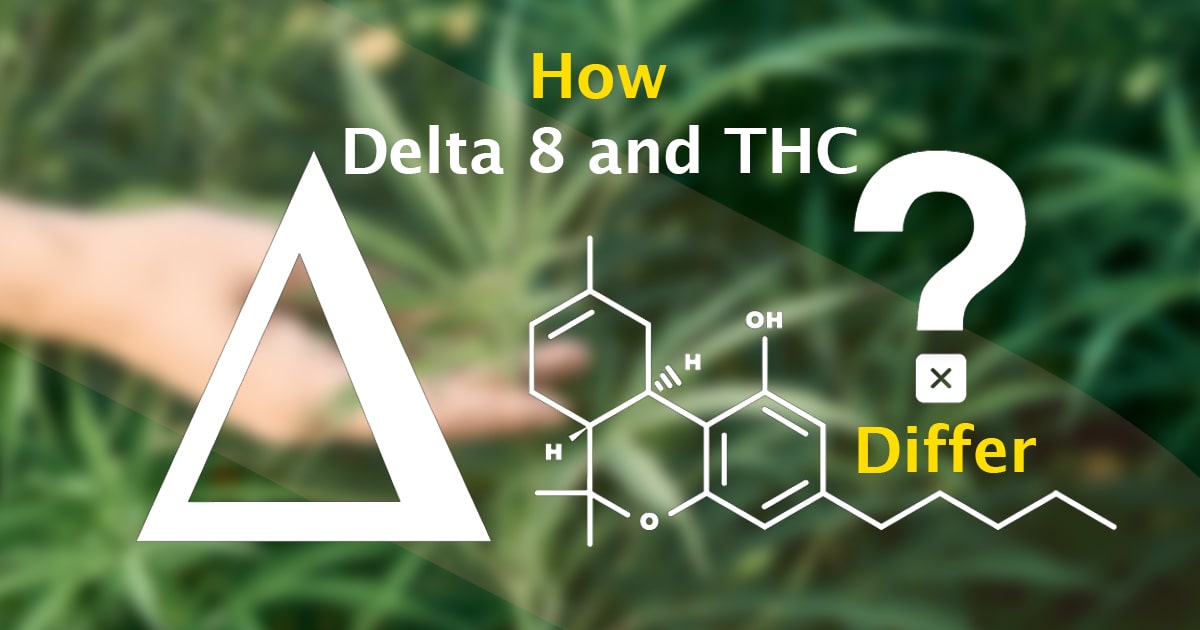
How Delta 8 and THC Differ
In comparison to CBD, Delta 8 is a relatively new substance that hasn't undergone as much research as CBD. Compared to the distinctions between THC and Delta 8, the two have significant chemical differences. Since CBD doesn't have any psychoactive effects, it is frequently utilized by those who don't want to feel "high." Because of these advantages, CBD is consumed for a variety of health problems. Similar to THC, Delta 8 has the potential to help with anxiety, loss of appetite, and sleeplessness.
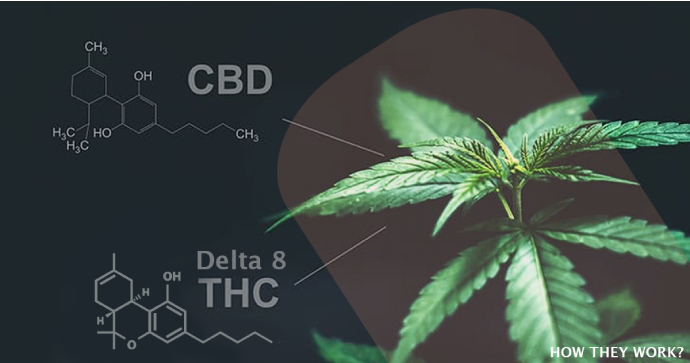
Delta 8 THC vs. CBD: How They Work
We need to examine more closely how delta 8 THC and CBD interact with the endocannabinoid system in order to understand the differences between them (ECS). CB1 and CB2 receptors, which control everything from mood to immunological function, are directly activated by delta-8 THC. Conversely, CBD lacks a specific affinity for the CB1 receptor. Contrary to THC, CBD solely acts as an agonist of the CB2 receptor. For this reason, it does not cause euphoria. Instead, by improving endocannabinoid signaling and preventing the body's natural endocannabinoids from breaking down, CBD modifies the function of the ECS and aids it in maintaining homeostasis in the body.
Delta 8 THC vs. CBD: Effects on the Brain
The effects of delta 8 THC and CBD on perception and cognition are another important distinction between them. Compared to CBD, delta 8 THC has a significantly more potent impact. It will produce a similar high as delta 9 THC, but it won't make sensitive users anxious or paranoid.
Both CBD and delta 8 THC meet the textbook definition of "psychoactive." Any chemical or activity that affects mood, perception, and emotions is referred to by this word. We may classify delta 8 THC and CBD as psychotropic because they both have an impact on our emotions and mood. In contrast to CBD, delta 8 THC causes a considerably more noticeable shift in cognition.
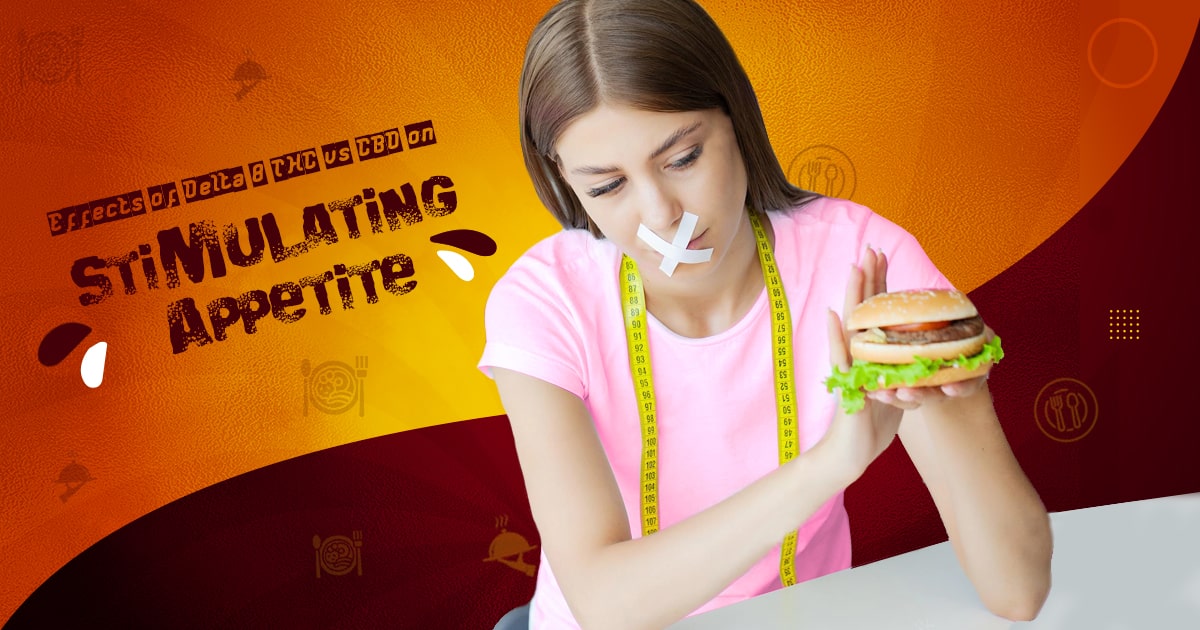
Effects of Delta 8 THC vs. CBD on Stimulating Appetite
According to studies, delta 8 THC is an even more potent hunger stimulant than delta 9 THC. For people looking to reduce additional weight, CBD has the exact opposite effects, causing a mild inhibition or reduction of appetite.
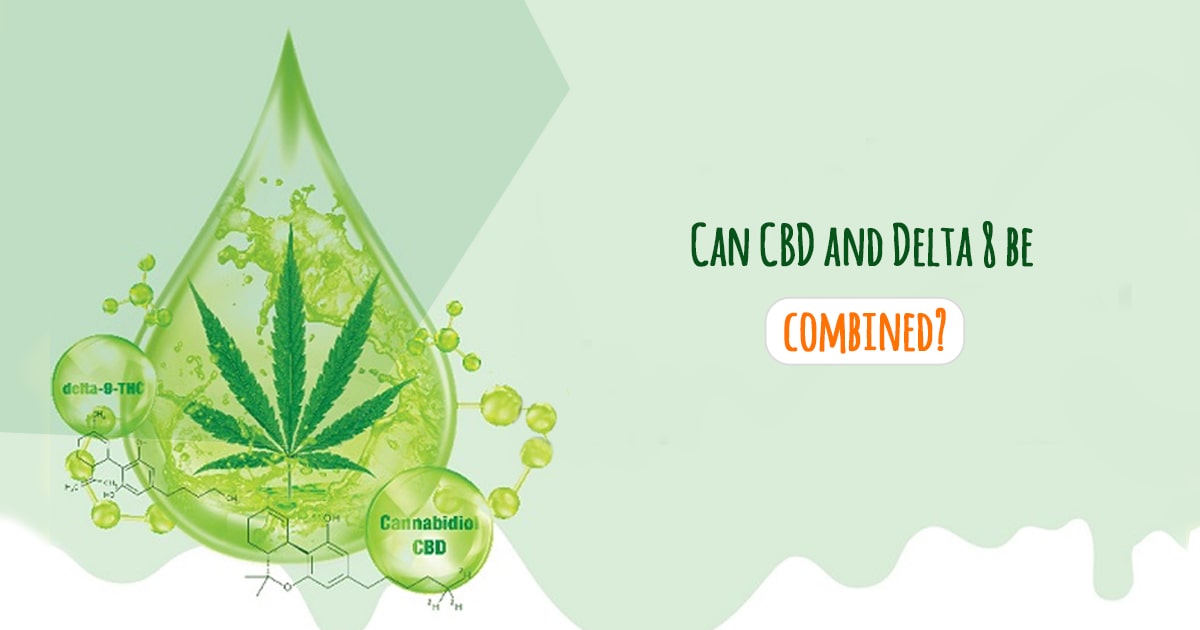
Can CBD and Delta 8 be combined?
Delta 8 THC has a milder intoxicating effect than Delta 9 THC. However, Delta 8 and CBD will have the advantages of both cannabinoids with little to no high, just as Delta 9 THC and CBD can be mixed for a less psychoactive impact. This is due to the fact that the CBD compound interacts with the same receptors as the THC chemical, preventing receptor activation. As a result, CBD will reduce the euphoric effects of THC while still delivering its own benefits to your body, while Delta 8 will continue to have its beneficial effects.
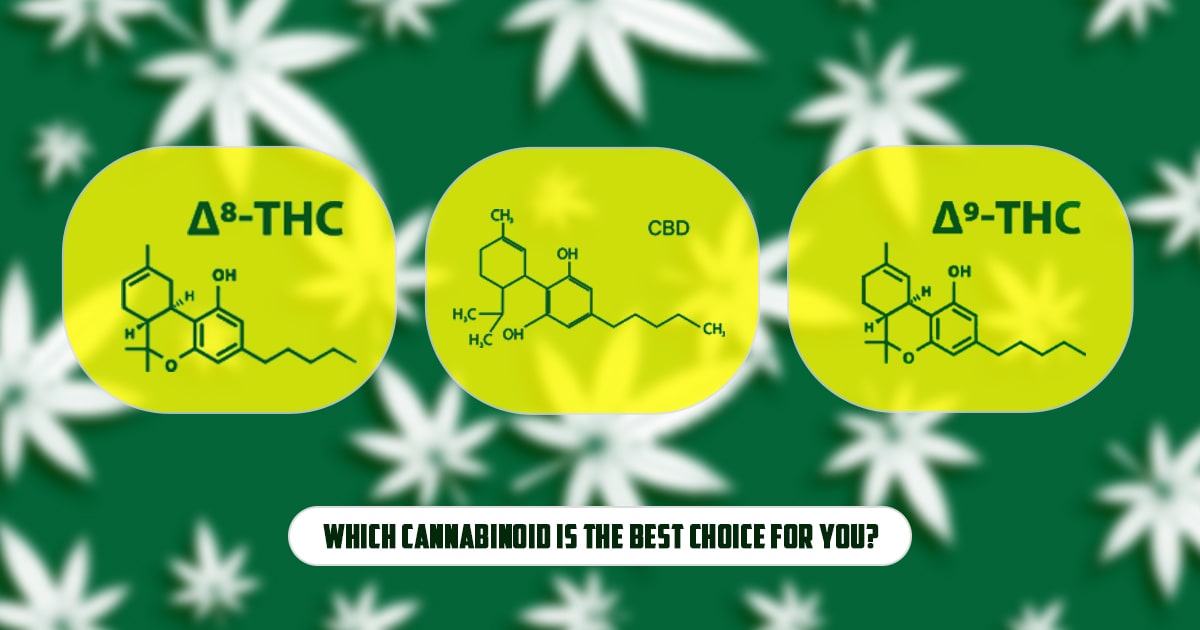
Which cannabinoid is the best choice for you?
The effects of various cannabinoids may or may not appeal to you, depending on who you are as a person. Each one can be very different depending on what you are searching for in the thing you are eating. The majority of CBD and THC users look for the following qualities in each product.
CBD: If you're looking for non-psychoactive products that will help with your appetite, hunger, etc., CBD is the best option. CBD is available in a variety of forms and doesn't have any psychotropic effects. CBD is available in tinctures, edibles, vapes, and other forms. Its advantages are well documented to help those with PTSD, sadness, and anxiety. Additionally, it is advertised to help with sleep as well as with a lack of appetite.
Delta-8 THC: Contrary to CBD, delta-8 THC is for people who still want to feel euphoric or high. Delta 8 has a less potent psychoactive effect than Delta 9 THC. It is known to induce calmness, clarity, and appetite. According to research, it lessens stress, reduces nausea, and increases appetite. However, just like Delta 9 THC, it can also be used with CBD to lessen the euphoric or high effect even more.
Delta-9 THC: Although very comparable to Delta 8 THC, Delta 9 THC is for people who wish to get high without feeling the side effects of psychoactive substances. It is also well known that Delta 8 has a higher concentration of benefits, including greater stimulation of appetite. Delta 9 THC nevertheless has advantages, particularly for cancer patients. Although it has several uses, those who take Delta 9 THC medically typically do it for hunger stimulation, nausea control, and pain management. However, some people may experience undesirable side effects from the psychoactive qualities, such as anxiety or uneasiness. Although it doesn't happen to everyone, this has stopped some people from taking items with Delta 9 THC.
Conclusion
Since its inception, the cannabis industry has expanded significantly, and more people are now aware of what THC and CBD are. It is the Delta-8 THC and Delta-9 THC which isn't getting the extensive coverage that other cannabinoids seem to get. Cannabis plants naturally contain the cannabinoid delta 8; however, it only appears in extremely minute amounts. Most frequently, Delta 8 THC is created artificially by isolating Delta 9 THC. Despite having comparable structural similarities and similar stimulating effects, Delta 8 THC is more stable than Delta 9 THC. Consequently, Delta 8 has a less intense psychoactive effect than THC, which is more widely used. Delta 8 has also been investigated as a more reliable treatment for a variety of illnesses. Like everything, it is important that you take consultation with our doctors before consuming it.



